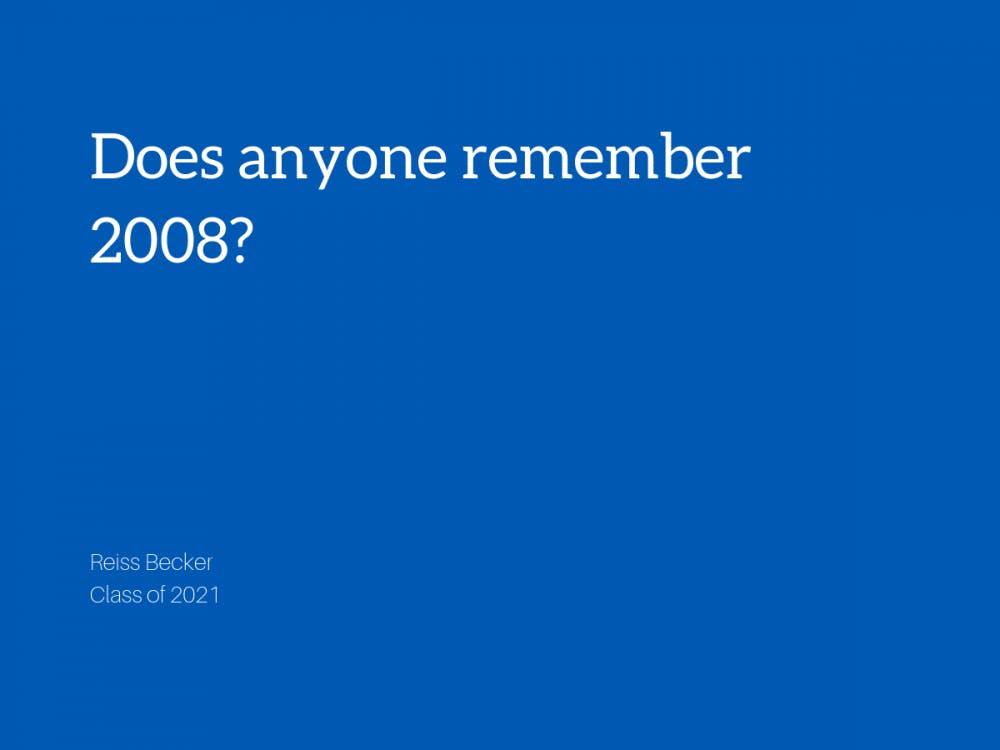Let’s play “Guess the Candidate.” Imagine a presidential candidate who threatened to “opt out” of NAFTA if they could not secure a better deal. Suppose this candidate opposed “amnesty” and wanted “to secure our borders… for the sake of [America’s] sovereignty.” This individual argued that immigrants must “pay a fine,” “learn English” and not take part in “criminal activity” if they wanted citizenship. The unidentified candidate was also proudly “opposed to Iraq from the start” and affirmed that marriage is a sacred “union between a man and a woman.”
Who could this be? Maybe it was the triangulator in chief, Hillary Clinton, in one of her many manifestations. But, of course, it can’t be Hillary! She supported Iraq from the start, only abandoning the war after she felt the breeze shift. Clearly, George Bush and John McCain are eliminated on similar grounds. Perhaps Hillary’s husband, Bill Clinton, authored these quotes? Nope, Bill passed NAFTA in the first place. Let’s not neglect the obvious: could it be Trump? A trade skeptic, an immigration hawk, and an instinctive isolationist, Trump’s views roughly match these sentiments. But it’s not Trump. The preceding Republican nominee, Mitt Romney, is not the answer either. The author of these statements is Barack Obama.
Does anyone remember 2008? Sure, we all remember the soaring rhetoric, the optimism, the Hope and the Change. We certainly remember Obama’s smashing electoral success, the product of a coalition that was broad enough to win the electoral college by 192 votes and deep enough to win the popular vote by over 7 percent.
But we don’t remember the voters. The voters who delivered swing states like Ohio, Florida, Colorado and Nevada. The voters who breached Republican strongholds like Indiana, North Carolina, Virginia and Nebraska’s 2nd district. Alongside black Democrats, these voters laid the foundation for a 60 vote filibuster-proof Senate majority by delivering crucial seats in West Virginia, Iowa, Arkansas, and Louisiana. Neither party is their true home. But both parties need them. They are moderates, but they have nothing in common with Duke’s “socially liberal, fiscally conservative” population that progressives so despise. Fiscally progressive and socially conservative, they are the median voters of the American electorate. Meet the populists.
Is there a logical reason why church-going traditionalists who oppose abortion must also be in favor of lower marginal tax rates and NAFTA? Apparently not. A recent study indicates that just under 30 percent of the electorate holds a heterodox grab bag of positions including enthusiasm for Social Security, opposition to immigration, skepticism of free trade, and concern about economic inequality. Disaffected and alienated, these voters believe the system is rigged and thus tend to gravitate towards outsiders and changemakers. Which explains a peculiar phenomenon: over 9 percent of 2012 Obama voters also voted for Trump. These Obama-Trump voters were overwhelmingly populists. Narrowly concentrated in the Midwest, they delivered the 2016 election to Trump.
Last Tuesday, the Democratic Mayor of Dayton, OH begged leading Democrats to pay attention. Ohio is the “canary in the coal mine for matters that affect the entire country,” she argued, and “working class voters…,” those that twice delivered Ohio for Obama, “rolled the dice with Mr. Trump.” To fix this, Democrats must “[make] voters feel heard and respected” while “not overpromising or compromising on our values.” Implicit in her plea is a nod towards doomsday, a silent sentence: “or else Trump might be reelected.”
Democrats have made voters feel respected—just not all voters. Uniformly progressive voters, the voters least likely to ever defect from the party, have been pampered like never before. By contrast, populists, the voters Democrats need, have not received such concern. For immigration-skeptical voters, Democrats offer de-facto open borders policies. On abortion, Democrats refuse to endorse any sort of limit. Democrats should not imply that social conservatives are bizarre outcasts or incels, as Elizabeth Warren did the other evening. That, like Hillary’s “deplorables” moment, is a recipe for disaster in 2020.
Democrats have a choice. And no, that choice is not “move towards the right or lose.” A leftwing economic platform is an electoral asset that Democratic candidates should keep. A leftwing social platform is not.
Obama won the Presidency twice because he unified disparate groups of people. Simultaneously, he drove historic turnout amongst black voters and won over white working class voters. He did this by emphasizing his leftward economic policies, embracing populist positions on key issues and by showing toleration of socially conservative voters. Is it controversial to argue that Democrats should heed the lessons of their latest and greatest victory?
Reiss Becker is a Trinity junior. His column, “roused rabble,” runs on alternate Wednesdays.
Get The Chronicle straight to your inbox
Sign up for our weekly newsletter. Cancel at any time.

